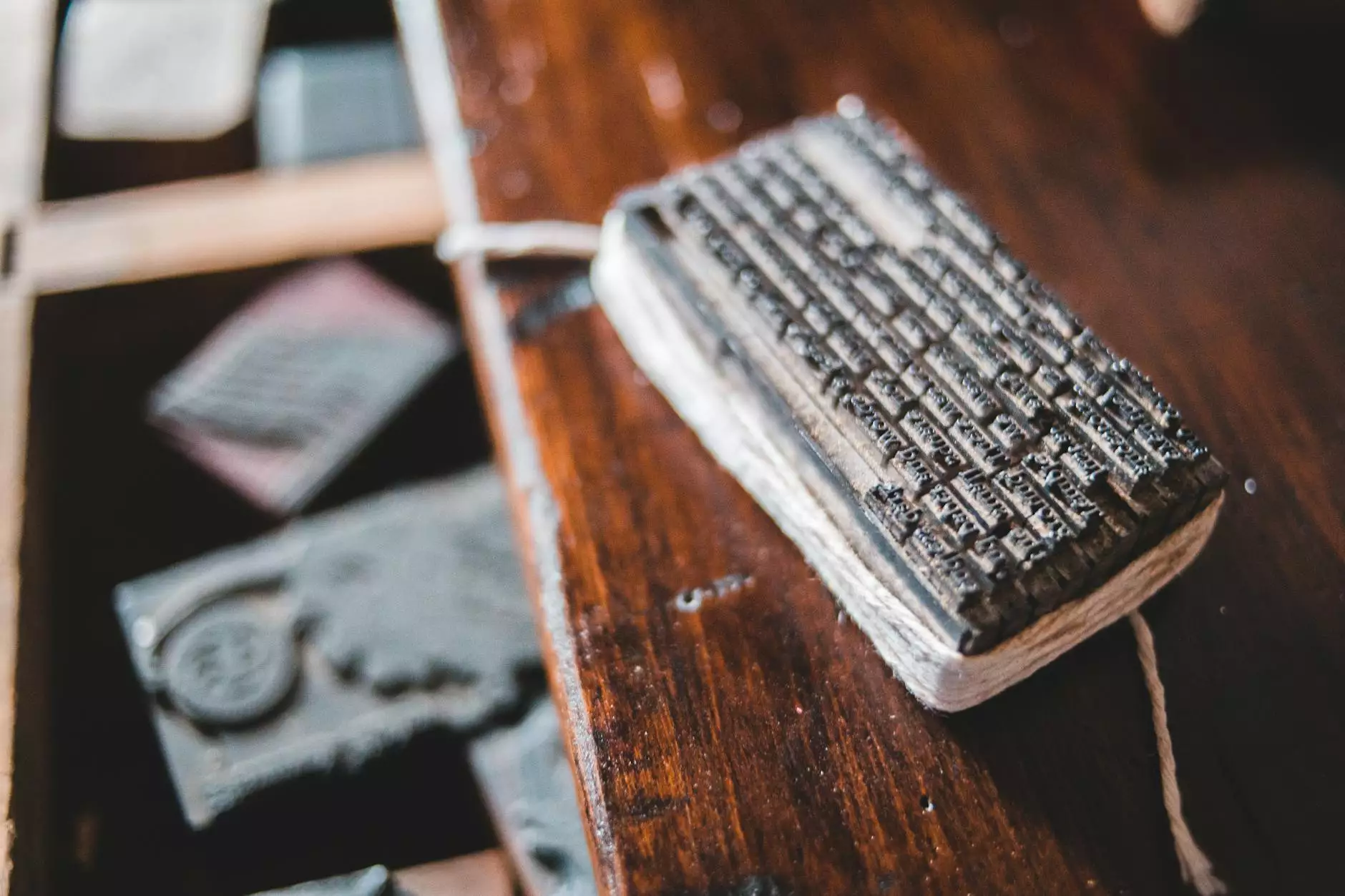CNC Mold Manufacturing: A Key Component of Modern Industry

CNC mold manufacturing stands at the intersection of innovation and precision engineering. In an era where efficiency and quality are paramount, companies like Sumiparts have emerged as leaders in providing high-quality manufacturing solutions. This article will delve into the world of CNC mold manufacturing, examining its significance, processes, and applications across various industrial sectors.
What is CNC Mold Manufacturing?
CNC stands for Computer Numerical Control, a technology that automates the operation of machine tools through computer programming. In the context of mold manufacturing, this means creating molds with remarkable accuracy and repeatability. CNC mold manufacturing involves using software to control machine tools and manipulate materials into precise shapes necessary for production.
The Importance of CNC Mold Manufacturing
The significance of cnc mold manufacturing cannot be overstated. It is foundational in various industries, including:
- Automotive: Producing complex components for vehicles.
- Aerospace: Creating lightweight structures that meet stringent safety standards.
- Medical Devices: Manufacturing precise and reliable instruments.
- Consumer Electronics: Ensuring high-quality finishes for electronic products.
Without CNC mold manufacturing, the production of these sophisticated components would not be feasible, as the required precision could not be achieved through traditional methods.
The CNC Mold Manufacturing Process
The CNC mold manufacturing process consists of several critical stages, each crucial for ensuring that the final product meets the desired specifications.
1. Design and Prototyping
The first step in the CNC mold manufacturing process involves the creation of a design. This is typically done using advanced CAD (Computer-Aided Design) software, where engineers draft the mold’s specifications and configurations. Rapid prototyping techniques may also be employed here.
2. Material Selection
Choosing the right material is essential. Common materials used in CNC mold manufacturing include:
- Steel: Known for its durability and strength, commonly used for high-volume production molds.
- Aluminum: More lightweight and easier to machine, ideal for low-volume jobs.
- Plastics: Sometimes used for prototype molds.
3. Machining
During the machining phase, CNC machines cut and shape the selected material according to the CAD design. This process is known for its precision, allowing for intricate designs to be realized with minimal human intervention.
4. Finishing
Post-machining, molds often undergo finishing processes to enhance their surface quality. Techniques such as polishing or coating may be employed to ensure that the mold can produce high-quality parts.
5. Testing and Quality Assurance
Once the mold is completed, rigorous testing is performed to ensure it meets all specifications. This step is crucial to verify that the mold can produce the intended components accurately.
Benefits of CNC Mold Manufacturing
The benefits of opting for CNC mold manufacturing are numerous:
- High Precision: CNC technology allows for minute precision in mold production.
- Consistency: Each part produced with CNC machines will be identical, ensuring uniformity.
- Efficiency: The automation involved speeds up the production process significantly.
- Flexibility: CNC machines can be reprogrammed for different designs, leading to versatility in production.
Applications of CNC Mold Manufacturing
CNC mold manufacturing is integral to numerous industries. Some notable applications include:
1. Automotive Industry
In automotive manufacturing, CNC molds are used to produce everything from dashboards to body panels. The precision involved ensures that all parts fit seamlessly during assembly.
2. Aerospace Industry
CNC molds are crucial in creating components that require high strength-to-weight ratios, tailored specifically for optimal performance and safety.
3. Consumer Products
The development of consumer products necessitates the use of high-precision molds to meet consumer safety and quality standards.
Challenges in CNC Mold Manufacturing
While cnc mold manufacturing boasts many advantages, it also faces challenges that must be navigated:
- Cost: Initial setup costs for CNC equipment and software can be significant.
- Complexity: Designing intricate molds requires specialized knowledge and skill.
- Material Limitations: Not all materials are suitable for CNC machining, which can limit design possibilities.
Future Trends in CNC Mold Manufacturing
The future of CNC mold manufacturing looks promising:
- 3D Printing Integration: Combining traditional CNC with additive manufacturing techniques to expedite prototyping and production.
- Automation and AI: Increased automation in CNC processes, allowing for smarter manufacturing systems that reduce human error and increase productivity.
- Sustainability: Growing focus on environmentally-friendly materials and processes that reduce waste and energy consumption.
Conclusion
In conclusion, cnc mold manufacturing is an essential component of modern manufacturing that drives industries forward. With its unparalleled precision, efficiency, and flexibility, it has revolutionized how products are designed and produced. As companies like Sumiparts continue to innovate and enhance their capabilities in machining, laser cutting, welding, and plastic injection, the future of CNC mold manufacturing remains bright.
By embracing new technologies and trends, such as automation and sustainable practices, we can expect CNC mold manufacturing to evolve further, continuing to play a crucial role in manufacturing success.
Contact Us: For more information on CNC mold manufacturing and how Sumiparts can elevate your manufacturing processes, visit our website at sumiparts.us.









